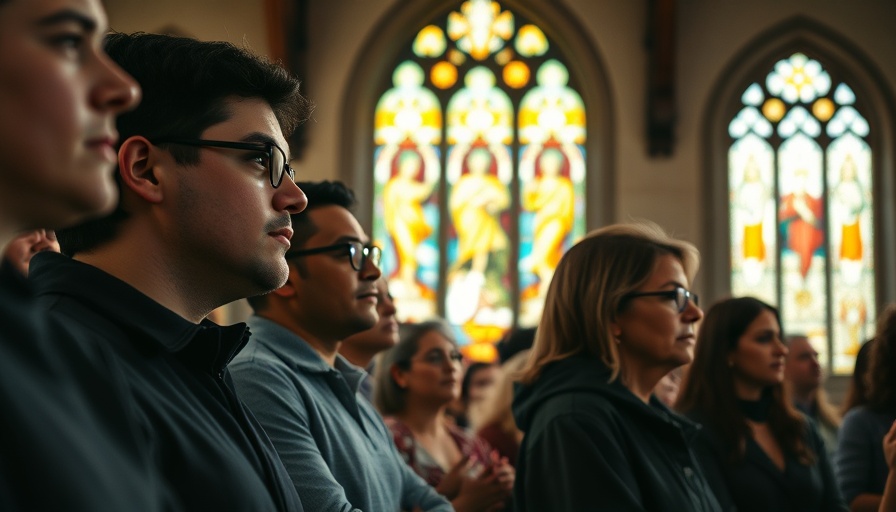
Pope Leo XIV: A Man of Contradictory Actions
Since assuming the papacy amid an avalanche of sexual abuse scandals in the Catholic Church, Pope Leo XIV finds himself at a crossroads. His tenure as Bishop Robert Prevost in Peru showcased two contrasting approaches towards handling sexual abuse cases, igniting discussions about whether he is a champion for victims or part of the entrenched problem within the Church.
Hero or Villain: The Divergent Paths of Pope Leo
Pope Leo XIV's actions in the first case shine a light on his potential as a champion for justice. In a significant stand against the Sodalitium Christianae Vitae, an ultraconservative group, he pursued accountability for leaders implicated in horrific abuses against children. Victims hailed him as a hero for taking on powerful figures, showcasing a willingness to risk relationships with higher authorities for the sake of transparency and justice.
Yet, just as illuminating is the second case, where accusations emerged against him regarding negligence in addressing reported abuses by priests within his diocese. Critics have pointed that this reveals a startling duality in his approach. While he indeed laid the groundwork for seeking justice in one instance, in another, he is accused of failing to protect vulnerable individuals. This stark contrast raises questions about his overall effectiveness and dedication to supporting survivors.
The Influence of Power Dynamics within the Church
The internal dynamics of the Church often lead to complex power struggles that can inhibit institutional accountability. As Leo takes the papal seat, the longstanding tradition of protecting the Church's reputation can cloud judgment about the necessary actions to address abuse claims. This reality reflects a broader issue many religious organizations face: balancing respect for hierarchy and the urgent need for reform.
The contrast between Pope Leo's heroism in some eyes and perceived inaction in others highlights a troubling duality within an institution grappling with its past. In navigating the expectations of both survivors and the clergy, Leo's papacy may be defined by how he reconciles these differences moving forward.
Advocacy for Survivors: A New Direction?
Survivors want to see consistency and commitment from church leaders when it comes to addressing sexual abuse. If Pope Leo XIV aims to shift the narrative, he must not only advocate for past injustices but also implement robust mechanisms to prevent future abuses. This includes transparent investigations and support for those who come forward.
The voices of survivors cannot be ignored; they constitute a crucial element in any discourse surrounding reform. Tailoring conversations and initiatives to meet their needs will likely be key for Pope Leo as he faces increasing scrutiny for his actions and decisions.
Looking Ahead: Can Pope Leo Redefine Catholic Leadership?
The Catholic Church's public perception hinges on the actions of its leaders. What Pope Leo XIV will do next in addressing the pandemic of sexual abuse within the church will signal his true commitment to the very essence of his role as a shepherd of faith. Can he be both a leader and a reformer? The world awaits his next moves to determine if his dual legacy as both a champion and a disappointing figure will take root.
Despite the glaring contrasts in his previous actions, there is an opportunity for reconciliation and reform under his leadership. If Pope Leo takes a stand for survivors and effectively addresses the systemic issues within the Church, his papacy could not only redefine leadership but also serve as a beacon of hope and accountability for millions of Catholics around the world.
 Add Row
Add Row  Add
Add 




 Add Row
Add Row  Add
Add 

Write A Comment